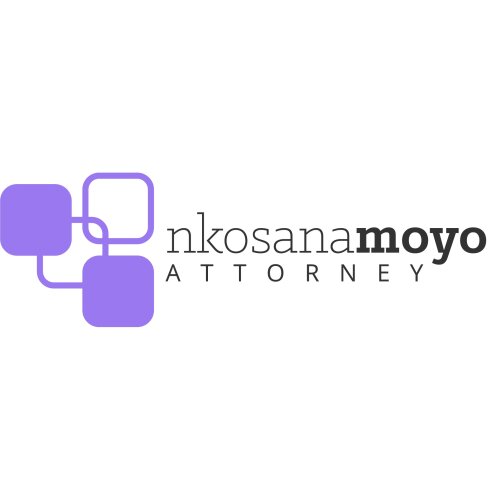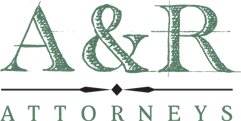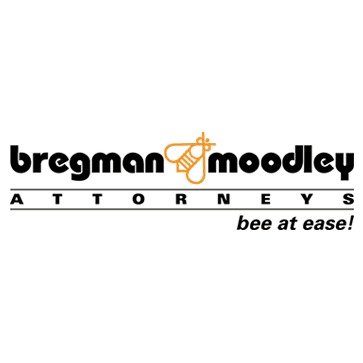Best Consumer Protection Lawyers in Johannesburg
Share your needs with us, get contacted by law firms.
Free. Takes 2 min.
List of the best lawyers in Johannesburg, South Africa
South Africa Consumer Protection Legal Questions answered by Lawyers
Browse our 1 legal question about Consumer Protection in South Africa and read the lawyer answers, or ask your own questions for free.
- What to do in a case where a business does not want to refund nor exchange a bad item that they have sold to you
- I bought hair from a hair vendor, 3 months later I complained because I did not like the quality, I waited for that long because I was taking it to a hair specialist to treat the hair because I thought maybe I’m doing the wrong treatment. But that hair specialist... Read more →
-
Lawyer answer by OPRICHTER Legal Network
If the vendor refuses to provide a refund, exchange, or any form of settlement despite clear evidence that the product quality does not match what was advertised, the vendor may be considered to have violated the Consumer Protection Law. The...
Read full answer
About Consumer Protection Law in Johannesburg, South Africa
Consumer protection laws in Johannesburg, much like the rest of South Africa, aim to safeguard consumers from unfair practices and ensure that they are informed about their rights. The Consumer Protection Act (CPA) is the primary piece of legislation that governs these laws, providing consumers with tools to settle disputes and claim redress. This Act establishes rights to good quality products and services and insists on clear and understandable contract terms, contributing to a fair marketplace for all.
Why You May Need a Lawyer
While consumer protection laws are designed to be straightforward, there are several scenarios where legal assistance might be essential. You may need a lawyer if you are dealing with unfair contract terms, defective products or services, or if a supplier refuses to honor a warranty. Additionally, legal aid can be pivotal if you are a victim of fraudulent practices, or if you wish to engage in dispute resolution processes, such as mediation or arbitration, to settle a consumer complaint.
Local Laws Overview
The Consumer Protection Act is the cornerstone of consumer rights in Johannesburg. Key features include the right to fair value, good quality, and safety, the right to fair and honest dealing, and the right to fair, just, and reasonable contract terms. It also includes provisions on the right to disclosure and information, prohibiting false, misleading, or deceptive representations. Johannesburg, backing these national laws, ensures compliance through various regulatory bodies, ensuring local enforcement of consumer rights is robust and effective.
Frequently Asked Questions
What are my basic consumer rights in Johannesburg?
Consumers have the right to safe, good quality goods, fair and honest dealing, clear communication, privacy, and the protection against discriminatory marketing.
What can I do if I receive a faulty product?
You are entitled to a refund, replacement, or repair. The choice typically rests with the consumer, especially within the first six months of purchase.
How does the Consumer Protection Act apply to online purchases?
The CPA applies equally to online transactions. Consumers have the right to cancel the purchase within a 'cooling off' period of 5 business days after receiving the goods.
What should I do if a company refuses to honor a warranty?
If a warranty claim is denied unjustly, you can lodge a complaint with the Consumer Goods and Services Ombud or seek legal advice for further action.
Is there a limit to what I can claim as a consumer?
While there is no specific limit, claims considered frivolous or vexatious can be dismissed by consumer courts or regulatory bodies.
Can I represent myself in a consumer tribunal case?
Yes, you can. However, having legal representation might be beneficial, especially in complex cases.
Are verbal agreements enforceable under the CPA?
While verbal agreements can be enforceable, written contracts are highly recommended for clarity and proof of terms agreed upon.
How can I verify if a business is registered and compliant?
Checking with the Companies and Intellectual Property Commission (CIPC) or requesting the company's registration details can confirm this.
What is the process for filing a consumer complaint?
Initially, contact the supplier directly. If unresolved, escalate the complaint to the Consumer Goods and Services Ombud or a similar regulatory body.
Does the CPA cover international transactions?
Transactions with foreign companies are not covered unless the foreign company conducts business or markets to South African consumers.
Additional Resources
Consider reaching out to the following organizations for additional guidance: the National Consumer Tribunal (NCT), the Consumer Goods and Services Ombud (CGSO), and the National Consumer Commission (NCC). These entities provide resources, mediation services, and guidance in resolving consumer-related issues.
Next Steps
For anyone needing legal assistance, the first step is to consult with a certified consumer protection attorney. Many law firms in Johannesburg offer free consultations to assess the viability of your claim. Additionally, it's wise to document all transactions and communications related to your complaint, as detailed records are crucial in any legal proceedings. Contact relevant regulatory bodies for advice on how to proceed if you're considering legal action or need further mediation.
Lawzana helps you find the best lawyers and law firms in Johannesburg through a curated and pre-screened list of qualified legal professionals. Our platform offers rankings and detailed profiles of attorneys and law firms, allowing you to compare based on practice areas, including Consumer Protection, experience, and client feedback.
Each profile includes a description of the firm's areas of practice, client reviews, team members and partners, year of establishment, spoken languages, office locations, contact information, social media presence, and any published articles or resources. Most firms on our platform speak English and are experienced in both local and international legal matters.
Get a quote from top-rated law firms in Johannesburg, South Africa — quickly, securely, and without unnecessary hassle.
Disclaimer:
The information provided on this page is for general informational purposes only and does not constitute legal advice. While we strive to ensure the accuracy and relevance of the content, legal information may change over time, and interpretations of the law can vary. You should always consult with a qualified legal professional for advice specific to your situation.
We disclaim all liability for actions taken or not taken based on the content of this page. If you believe any information is incorrect or outdated, please contact us, and we will review and update it where appropriate.












